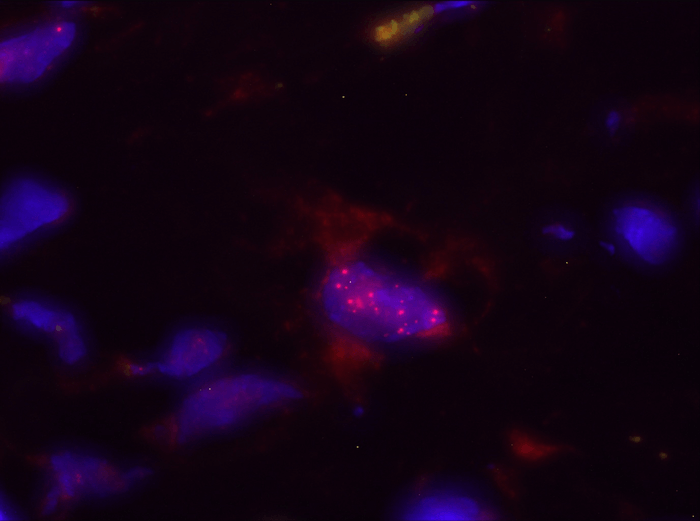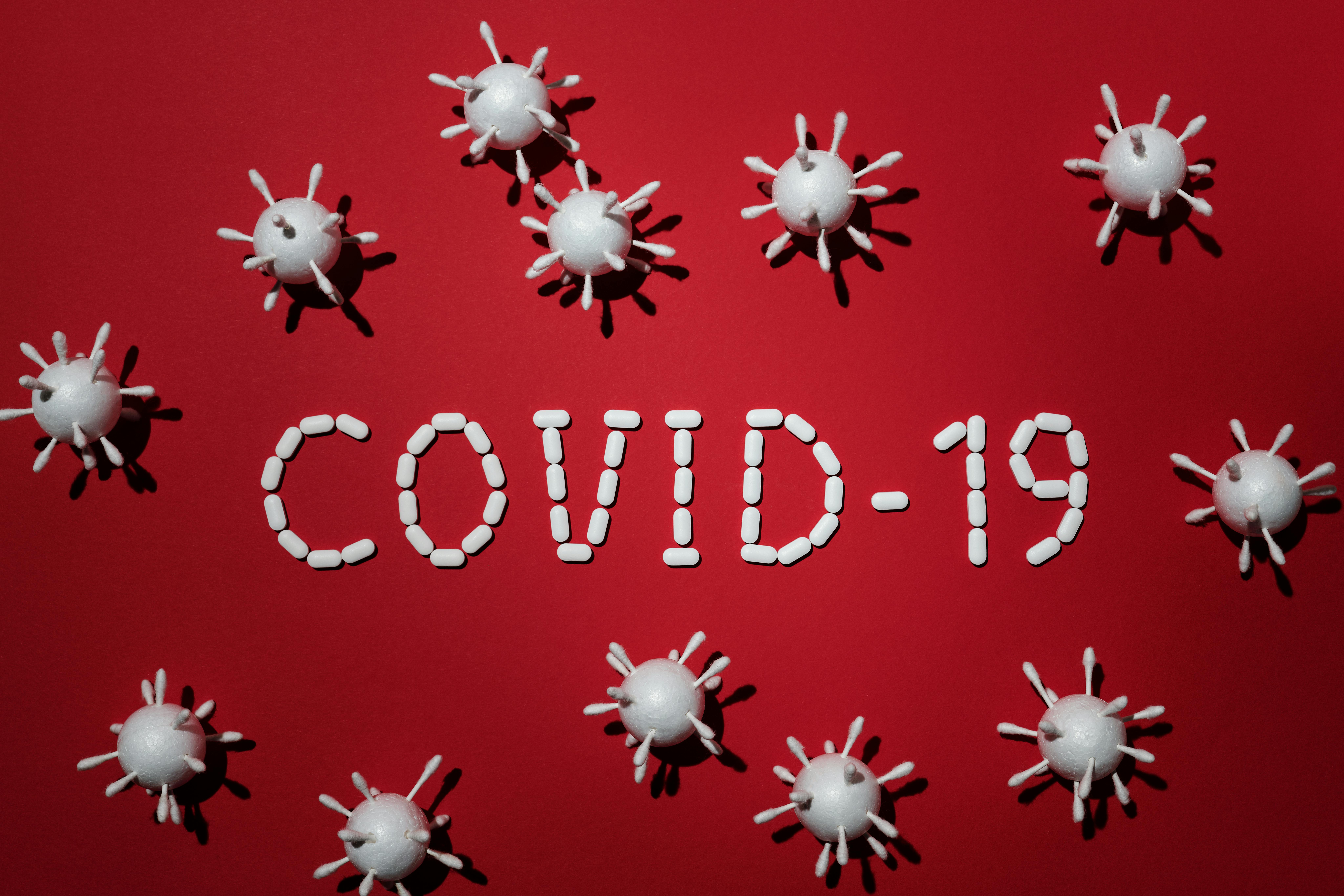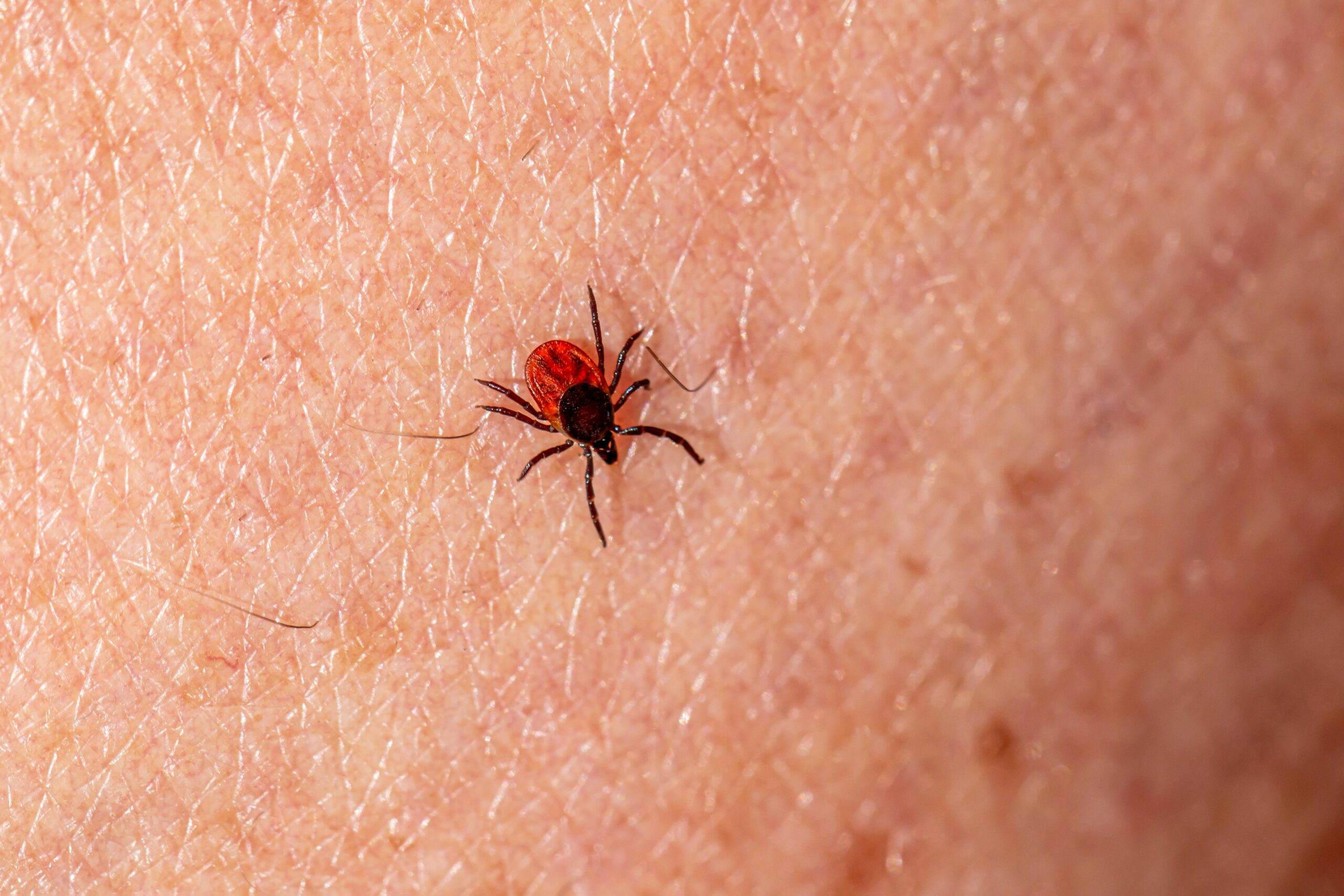While rare, pancreatic cancer is one of the deadliest cancers. Because it is diagnosed late and easily spreads to other body parts, there are limited options to stopping pancreatic cancer. But researchers from Spain took on the challenge and may have found a way to detect pancreatic cancer earlier using patient stool samples.
In a new study, researchers from the Centro Nacional de Investigaciones Oncológicas found 27 microorganisms in stool samples with a unique molecular signature associated with pancreatic ductal adenocarcinoma — the most common type of pancreatic cancer.
Pancreatic cancer symptoms are hard to find in earlier stages because they are silent. It’s typically at the later stages of disease that symptoms begin to show, but by that time it is too late to remove the tumor with surgery. For this reason, non-invasive and specific tests for early detection of pancreatic cancer would make a profound difference in improving patient survival.
“In many cases, once pancreatic cancer is detected, it is too late. We need to diagnose the disease at a much earlier stage, before symptoms appear. To do this, we need to identify and define the population at risk and have good screening tests to detect the cancer when it is still curable,” study authors Núria Malats and Peer Bork explain in a statement.
The relationship between gut microbes and pancreatic cancer have been of interest for some time with researchers as they theorize the gut could have a role in the development of pancreatic ductal adenocarcinoma.
The study involved collecting stool, saliva, and pancreatic tissue samples from 57 patients with newly diagnosed pancreatic cancers, 27 patients with chronic pancreatitis, and 50 healthy patients serving as the control group.

Surprisingly, the oral microbiome was not involved in identifying pancreatic cancer but fecal microbes were. “Sophisticated biostatistical and bioinformatics analyses have allowed us to construct a signature of 27 stool-derived microbes, mostly bacteria, that discriminates very well between cases with pancreatic cancer and controls, both in their most advanced and earliest stages,” says Malats and Bork.
Of course, the gut isn’t the only player in the development of pancreatic cancer. Multiple risk factors ranging from age to family history of cancer contribute to the etiology of disease. However, these factors were controlled for in the study by matching patients with people with similar health conditions, demographics, and more. “This level of analysis is unprecedented in pancreatic cancer metagenome studies,” say the investigators.
With further research, stool samples may have a high predictive value as a biomarker to identify populations at risk for pancreatic cancer and for early diagnosis. “Currently, screening programs are targeted to families with pancreatic cancer aggregation, which represent only 10% of the burden of the disease. The inclusion in these screening programs of a stool analysis to identify the identified microbial signature could help to detect the rest of the population at risk,” writes the team in their article.
The study is available to read in the journal Gut.












